
“I have finally found a way to financially support my family”: Breaking the cycle of poverty in rural Afghanistan
In partnership with the Afghanistan Humanitarian Trust Fund funded by the Kingdom of Saudi Arabia, KSRelief, AKF is supporting people like Fazul Rabi to enhance economic empowerment through improved agricultural livelihoods

Fazul Rabi lives with his wife, their children, and the children of his wife’s late brother in the Chahar-Dara district of northern Afghanistan’s Kunduz province. Economic opportunities here are sparse and there is typically one sole breadwinner in each family, as in Fazul Rabi’s case.
Fazul Rabi is a teacher, but he also owns a small plot of irrigated land where he grows crops and keeps cows and chickens, which helps him to feed his large family. Seasonal shifts mean that his produce isn’t available year-round and climatic changes are making weather patterns across Afghanistan even more erratic. So, despite his efforts, Fazul Rabi has struggled to meet his family’s needs.
Last year, the elders in Fazul Rabi’s community recognised the challenges he was facing. During discussions with AKF staff, his community raised these concerns and Fazul Rabi was selected to participate in an agricultural enhancement project led by AKF, called the Sustainable and Inclusive Transformation of Agrarian Economies in Rural Afghanistan (SITARA).
Against a backdrop of acute poverty in Afghanistan’s rural provinces, SITARA takes a holistic, long-term approach. By intensifying agricultural and livestock productivity, it aims to diversify income sources for smallholder farmers, bolstering food security and economic resilience. The project also emphasises sustainable resource management to shield against climate-induced disasters with the aim of protecting the environment for future generations.
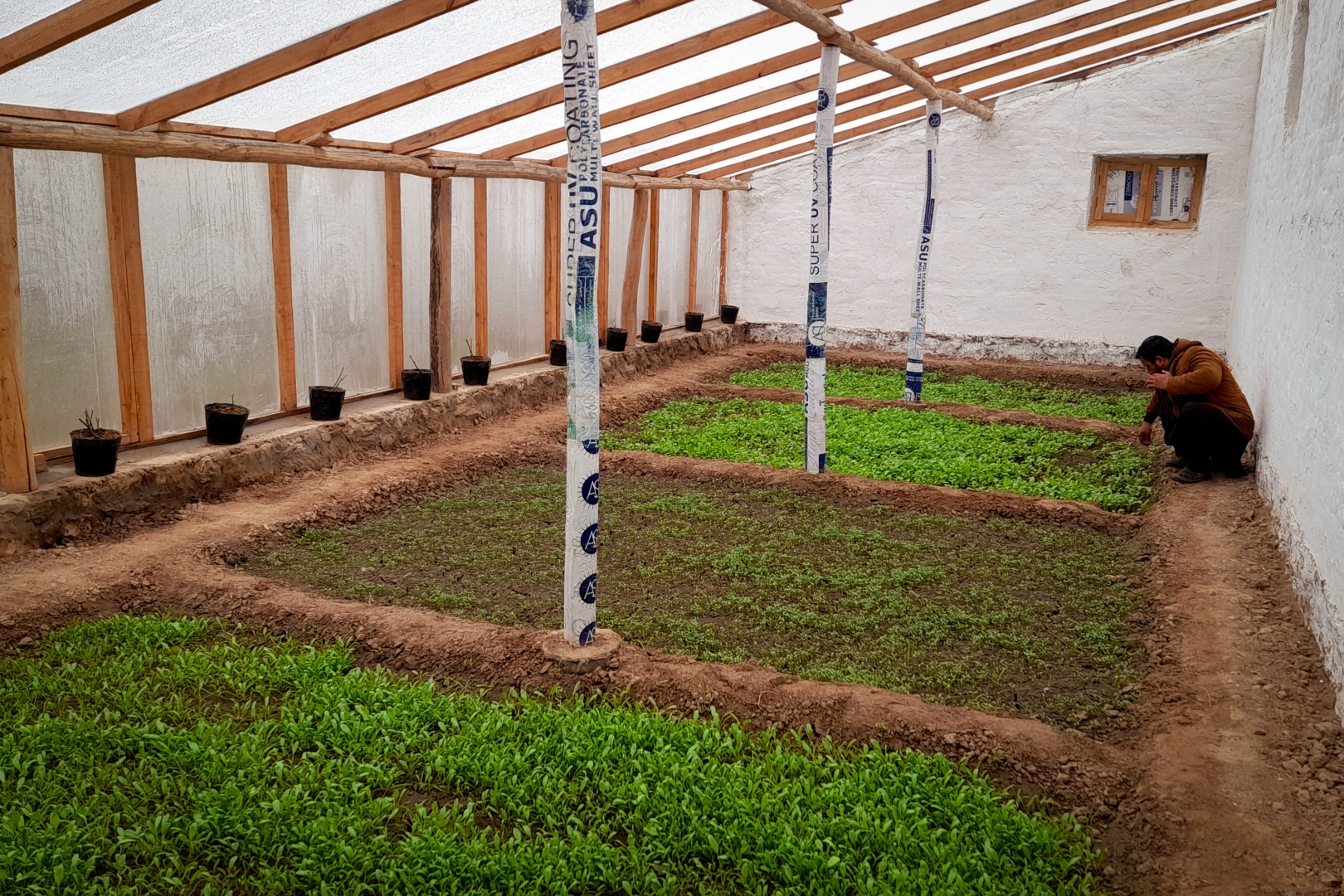
“Based on my interest in agriculture, AKF supported me to install a solar greenhouse on my land,” Fazul Rabi shares. “I was delighted because my wife had always asked me to have vegetables during the off-season and find an income-generating activity to reduce our dependency on others.”
The AKF team constructed the greenhouse for Fazul Rabi and provided training on vegetable production. Fazul Rabi is one of 69 farmers who has received this support through SITARA, including 17 in Kunduz province and 52 in neighbouring Takhar province.
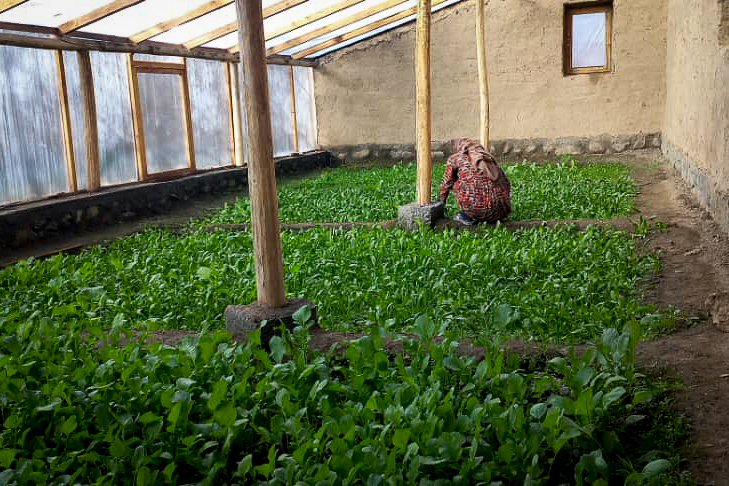
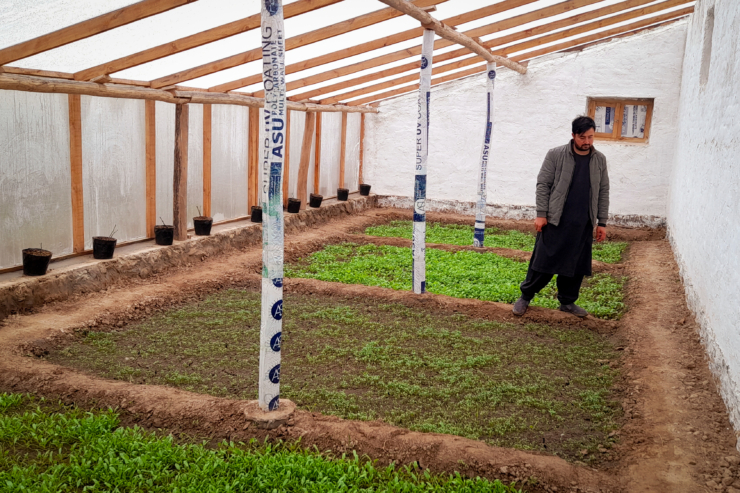
In Afghanistan, more than 80% of residents rely on agriculture to provide for their families. Amidst the compounding challenges of climate change, food insecurity, loss of livelihoods, and the ongoing humanitarian crisis, AKF is committed to supporting Afghanistan’s rural communities to not only survive but thrive. By actively participating in AKF’s low-cost, climate-responsive, and locally led agricultural initiatives, Afghans are improving productivity, diversifying income streams, and promoting sustainable livelihoods.
“I was delighted because my wife had always asked me to have vegetables during the off-season and find an income-generating activity to reduce our dependency on others.”Fazul Rabi
“We were eager to cultivate vegetables ourselves,” says Fazul Rabi, something he has since achieved with his new solar greenhouse, and which has proven to be even more fruitful than initially planned. “One day, one of my neighbours saw my greenhouse and suggested I grow something other than vegetables to earn more money,” he shares. “So, with this in mind, I worked with the AKF team and requested their technical guidance on establishing a fig nursery.”
After analysing the market, Fazul Rabi recognised that growing figs would be much more profitable than vegetables, and so he planted 7,500 fig cuttings in his greenhouse.
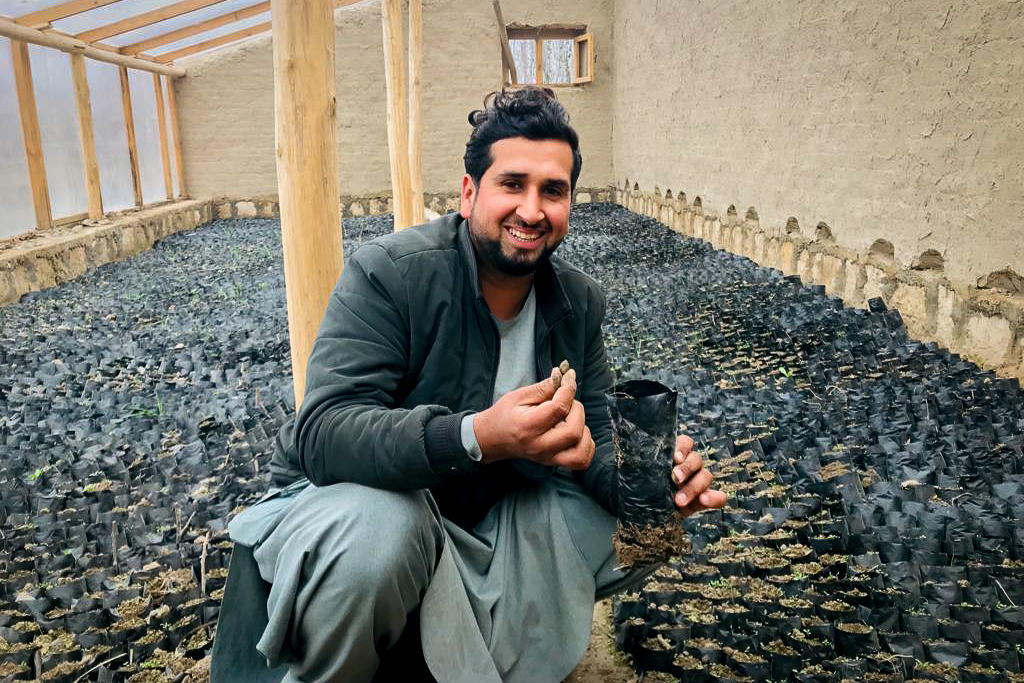
Three months later, during the spring season of 2024, a tree trader approached Fazul Rabi and offered to buy one of his fig saplings for 20 Afghan Afghanis (AFN) – around $0.28 USD. He declined the proposal. “Instead, I decided to plant the saplings and sell them after a year of growth which would earn a lot more money.”
He knew that a year-old fig sapling could sell for up to 100 AFN at his local market, meaning his fig nursery has the potential of earning around 750,000 AFN – equivalent to $10,700 USD – in the upcoming plantation season, which would lift his family out of poverty.
With the success of his fig nursery, Fazul Rabi is now planning to establish a pistachio nursery. “They have a good demand in the market as well!”
He continues, “I am pleased to report that I have finally found a way to financially support my family. Alongside my teaching salary, the income we generate from our greenhouse will contribute to a prosperous and joyful life for us.”
Written by Sayed Aga
The impact of initiatives like SITARA highlights the vital role of the Afghanistan Humanitarian Trust Fund (AHTF), facilitated by The Islamic Development Bank, and The Organization of Islamic Cooperation. A contribution from the Kingdom of Saudi Arabia’s King Salman Humanitarian Aid and Relief Centre, the AHTF provides critical funding for humanitarian and development projects across Afghanistan. By facilitating programmes that bolster food security, create economic opportunities, and build resilience to climate change, the AHTF offers a pathway toward stability and self-reliance for Afghanistan’s most vulnerable populations.
The SITARA programme is funded by the Kingdom of Saudi Arabia’s exceptional contribution, King Salman Humanitarian Aid and Relief Centre, through the Afghanistan Humanitarian Trust Fund, facilitated by The Islamic Development Bank and The Organization of Islamic Cooperation.
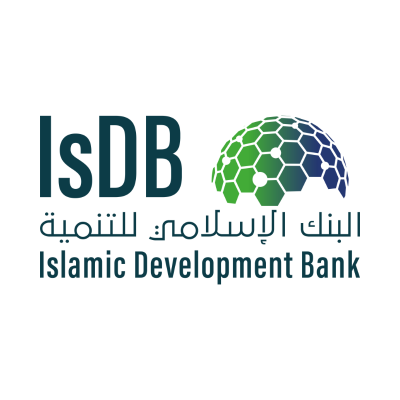
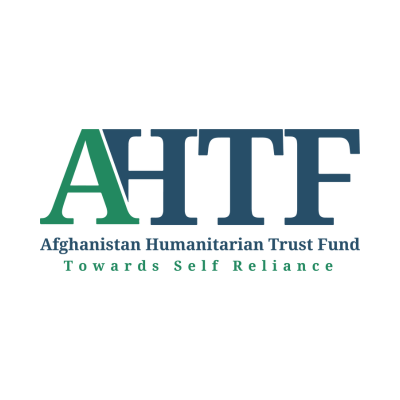
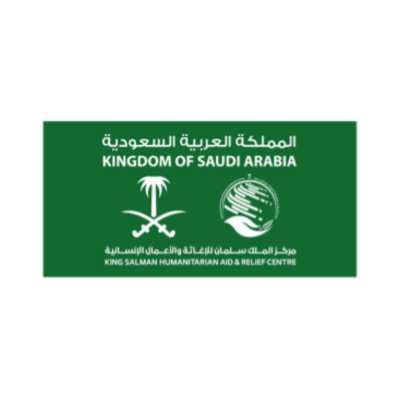
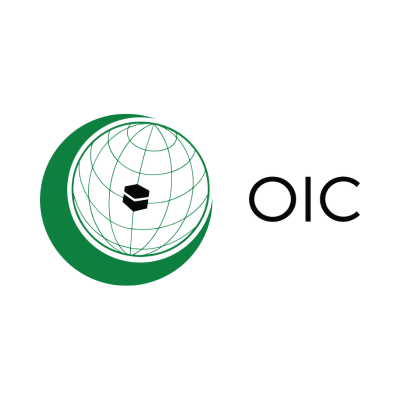
Related News & Stories


Afghanistan’s water crisis is hitting the highlands hardest – but community-run schemes reaching 75,000 people offer hope

AKF and EU announce €22m partnership to promote economic resilience in Afghanistan

Impact Odyssey 2.0: The Businesses of Tomorrow
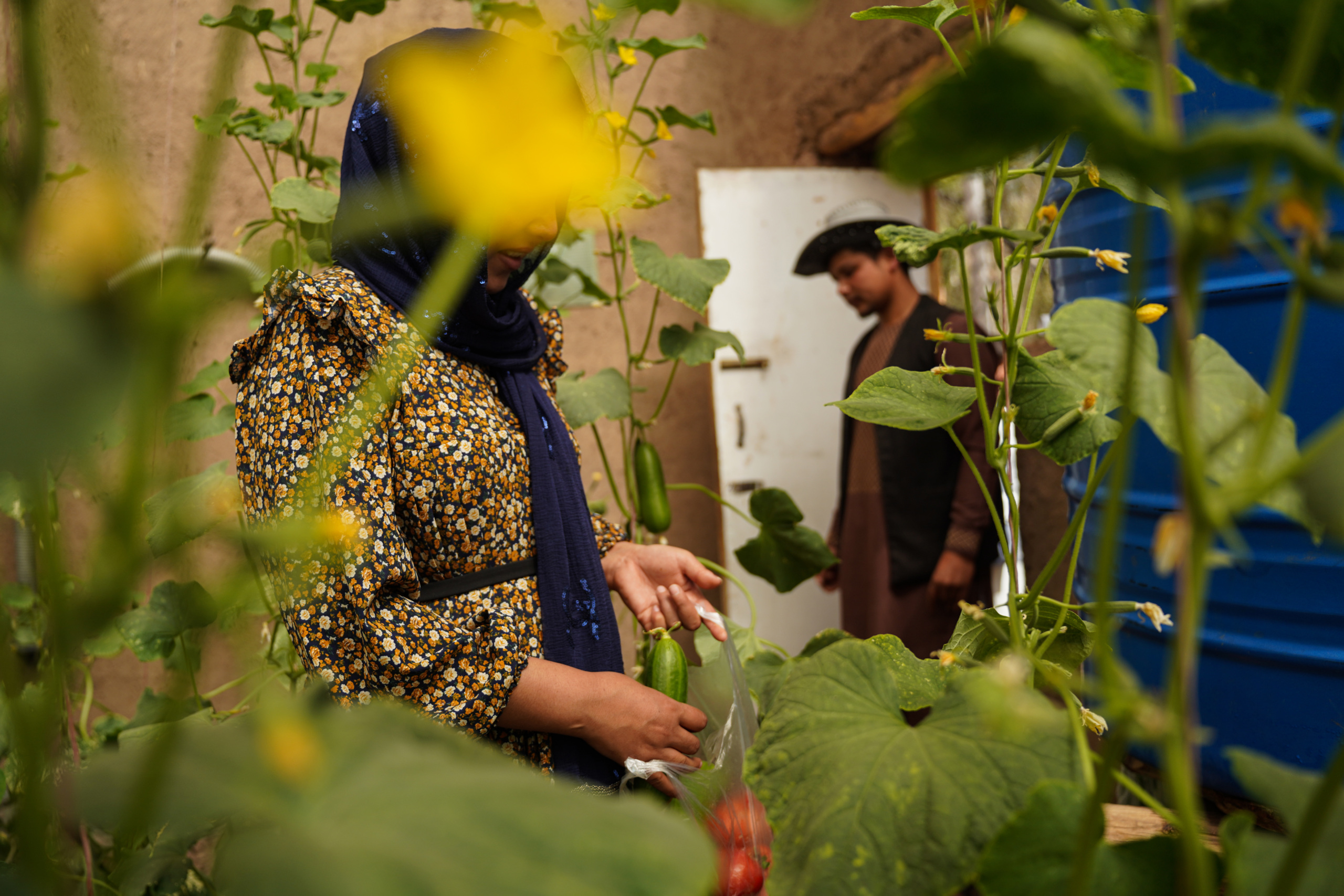
This forestry project in Afghanistan is pushing women to the forefront of climate action
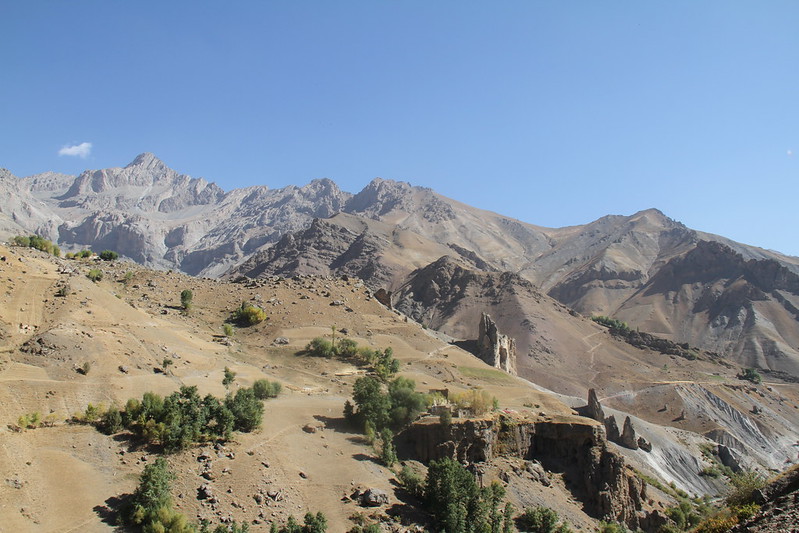
Community voices: Climate change in Afghanistan
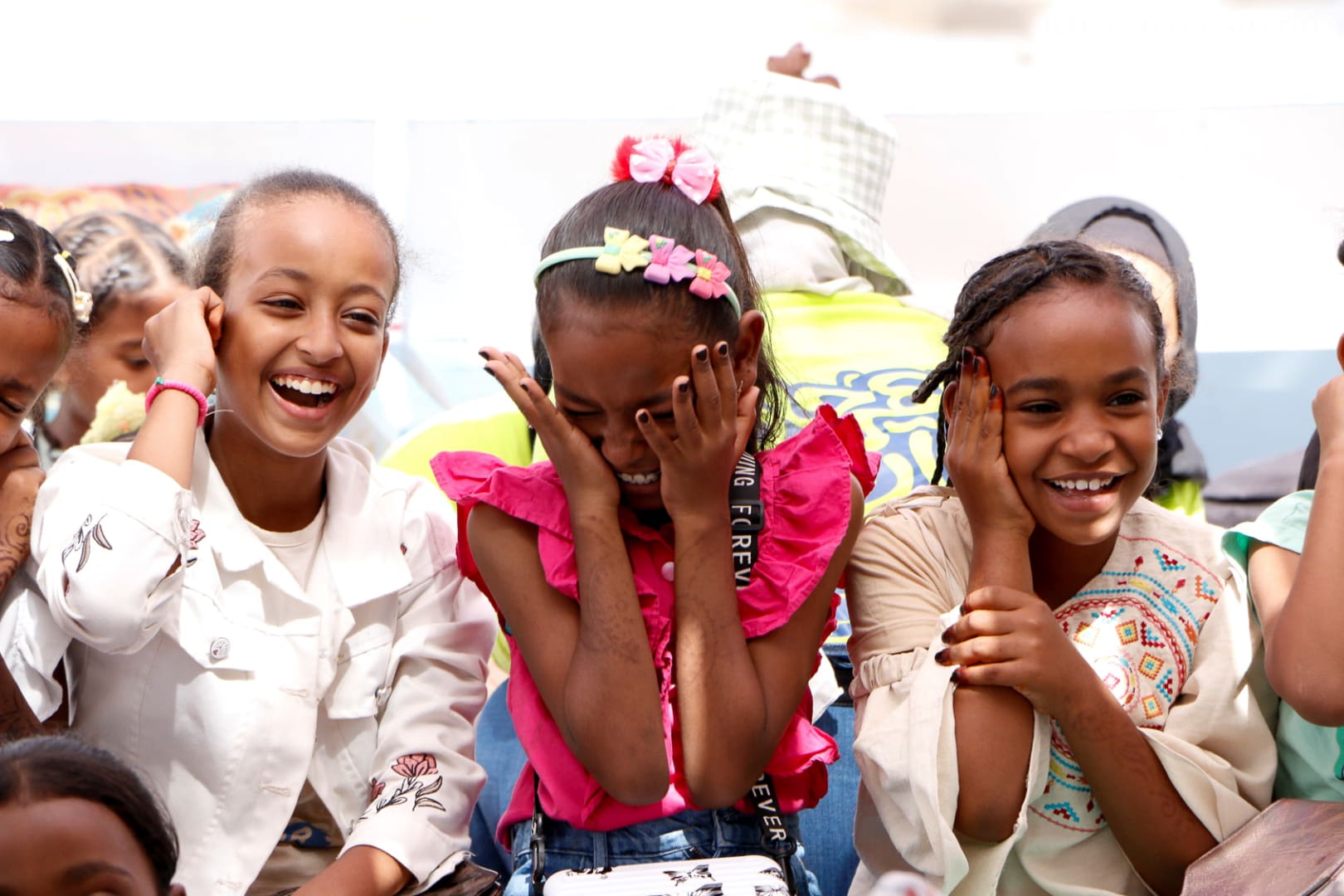
Support our work Your donations are helping us build a future where we all thrive together.